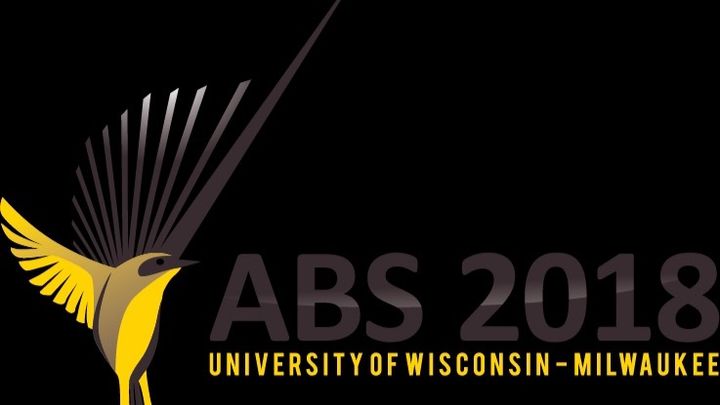
ABS Unasked - Skill & intelligence
What Are We Not Asking Symposium:
Proposal by Sih et al.
Traditional behavioral ecology is built on the observation that average behavior (e.g., in diet, patch, or mate choice) tends to be reasonably well predicted by cost-benefit theory; i.e., that, on average, animals are reasonably ‘smart’. Hidden in these studies is the reality that individuals often differ considerably in how well their behavior actually fits optimality theory. The recent interest in animal personalities highlights consistent individual differences in behavioral tendencies, but still rarely addresses individual differences in ‘skill’, ‘competence’ or ‘intelligence’. Anecdotally, there is a sense that variation in flexibility or problem solving ability or even innovativeness (at the individual or species level) is important, particularly with environmental change, but even here, there has been little emphasis on the obvious individual differences in these traits. For sexual selection, a few studies suggest that individual differences in social skill – where and when to search for females, which females to court, how to court – might explain a large amount of otherwise unexplained variation in mating success. If individuals differ in skill, as they appear to, this opens numerous questions one often asks about key traits: about genetics, development, G x E, neuroendocrine/brain mechanisms, correlations with other behavioral traits (e.g., personality), importance of this variation for fitness, effects on ecological and social dynamics, and responses to environmental change. Since being more skillful is, by definition, better, what explains the maintenance of variation in skill? In this talk, I will present a conceptual overview, some new theory, and a roadmap for empiricists.